Realme 9i review: affordable, but is that enough?
The Realme 9i only really stands out in terms of its price, so should you consider buying one in this busy 9 series range?
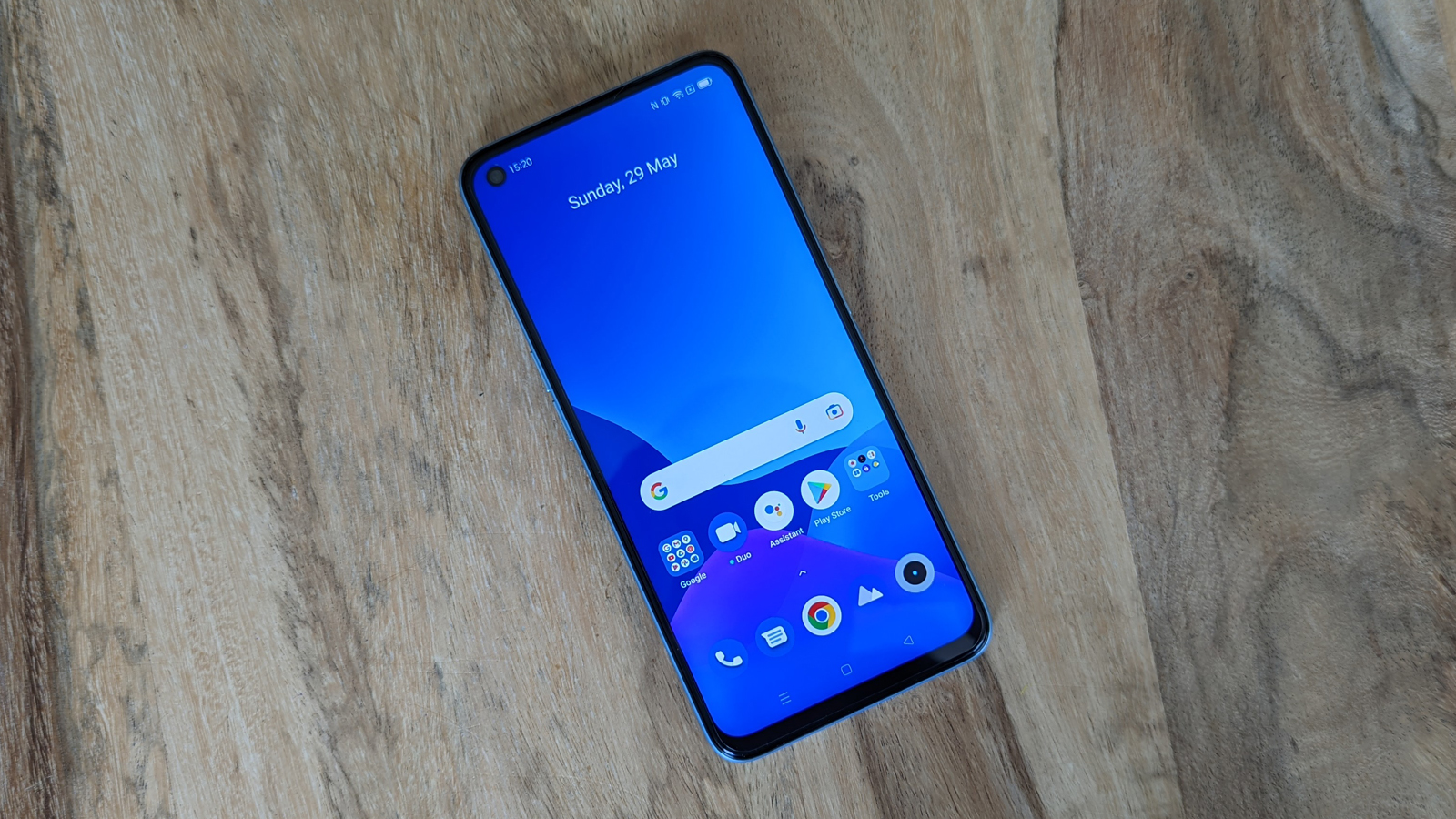
The Realme 9i is a fairly ordinary smartphone, but it's available at a low, low price – and if that's what's most important to you when it comes to your next handset upgrade, you won't be disappointed about what you get in return for your money with this device. But there are other Realme 9 options among the (vast) range that make more sense.
-
+
Available at an affordable price
-
+
Large capacity, long-lasting 5,000mAh battery
-
-
Rear camera struggles in low light
-
-
Performance isn't the best
Why you can trust T3

With the Realme 9i, we have another contender for one of the best cheap phones on the market at the moment, and everything else has to be weighed up in relation to the very affordable price that you can get this for – performance, battery life, camera, and so forth.
In this Realme 9i review we'll take you through everything you need to know about the phone, from the software running on it, to the hardware components you do (or don't) get inside. By the time you've read through, you'll know if it's the phone upgrade for you.
Having so many phones available all across the various price ranges is of course great for consumer choice, but it can make picking the right one for you a little tricky. You might also want to check out our guides to the best Android phones and the best small phones.
Realme 9i review: price and availability
The Realme 9i is out now in the UK, though you might struggle to find it at more than a handful of retailers – you can pick it up from Amazon and you can buy it direct from Realme too. Check the widgets embedded on this page if you want to get the phone at the lowest possible price, but at the time of writing it's available for £199 online.
Realme 9i review: design and display
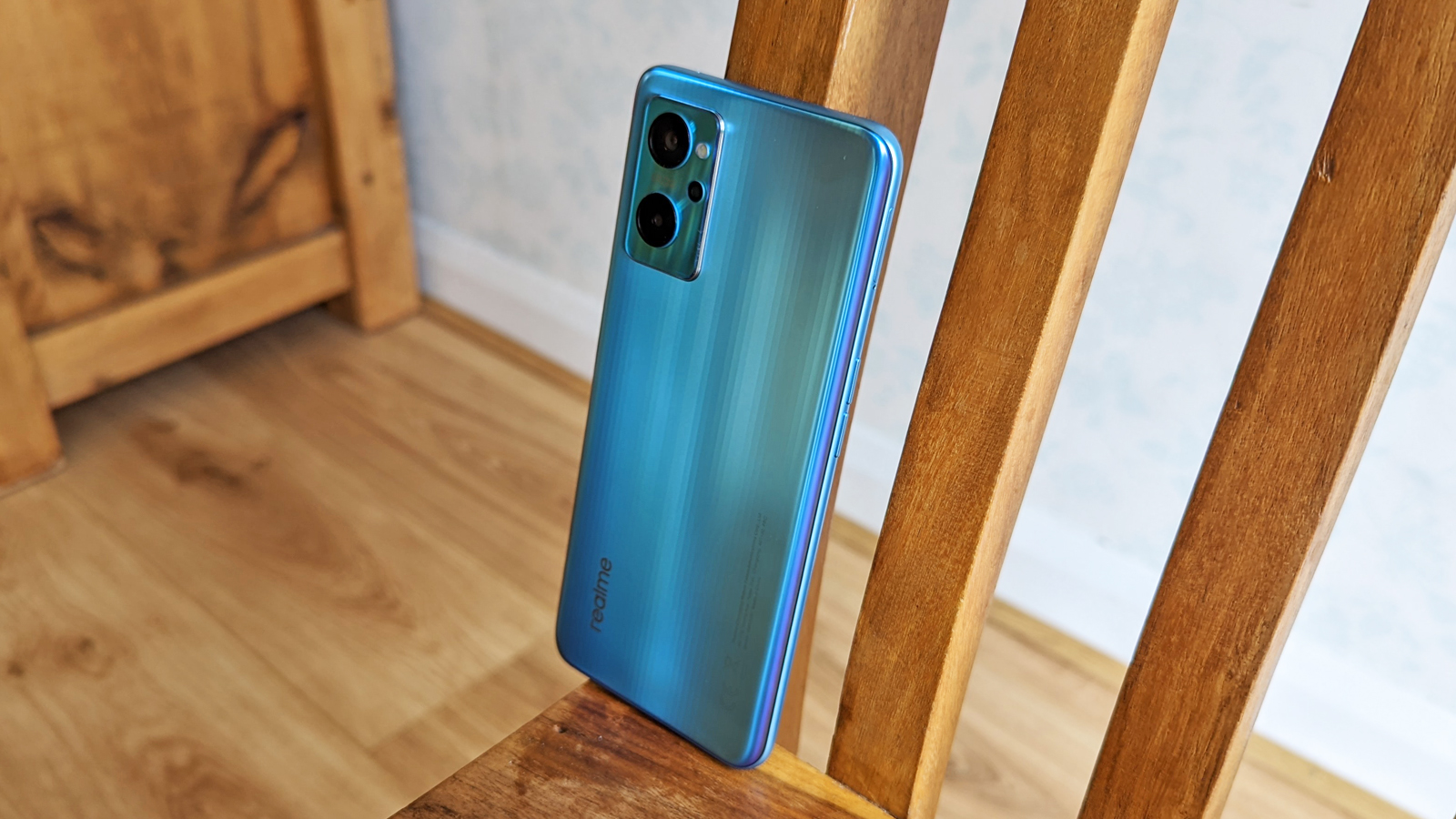
The Realme 9i comes sporting a 6.6-inch IPS LCD display, running a resolution of 1080 x 2412 pixels and a refresh rate of 90Hz. With 480 nits of typical brightness, the screen is good for watching movies and browsing through photos, though you can see the difference between this and the vibrant, high contrast OLED panels on the best phones on the market at the moment.
Otherwise it's a fairly normal-looking smartphone, with thin bezels around the screen, and a punch-hole camera up in the top corner being the only interruption in terms of the display.
We're not huge fans of the gradient backing. Although it catches the light nicely it just looks a bit on the cheap side, while the rear camera module isn't particularly well integrated with the rest of the back of the phone. Black and blue are the only colours that you can get the Realme 9i in, and our review unit is the latter blue shade.
The dimensions of the phone are 164.4 x 75.7 x 8.4mm (that's 6.47 x 2.98 x 0.33in) and it tips the scales at 190g (0.42lbs). It's therefore relatively pocketable and lightweight, and certainly feels comfortable to hold. You get the volume controls on the left of the phone as you look at it, with the power button on the right. There's a fingerprint sensor embedded into the power button to make it easier to log into your phone, and it works well.
There's no waterproofing or dustproofing on the Realme 9i, which is to be expected at this sort of price, but you do get an adequate stereo speaker system and a 3.5mm headphone jack so you can connect up some wired headphones. Data and power is provided by a USB-C socket at the bottom of the handset. All in all, there's nothing really to write home about when it comes to the aesthetics of this smartphone: it's well put together for the price, but that's about all.
Realme 9i review: performance and battery
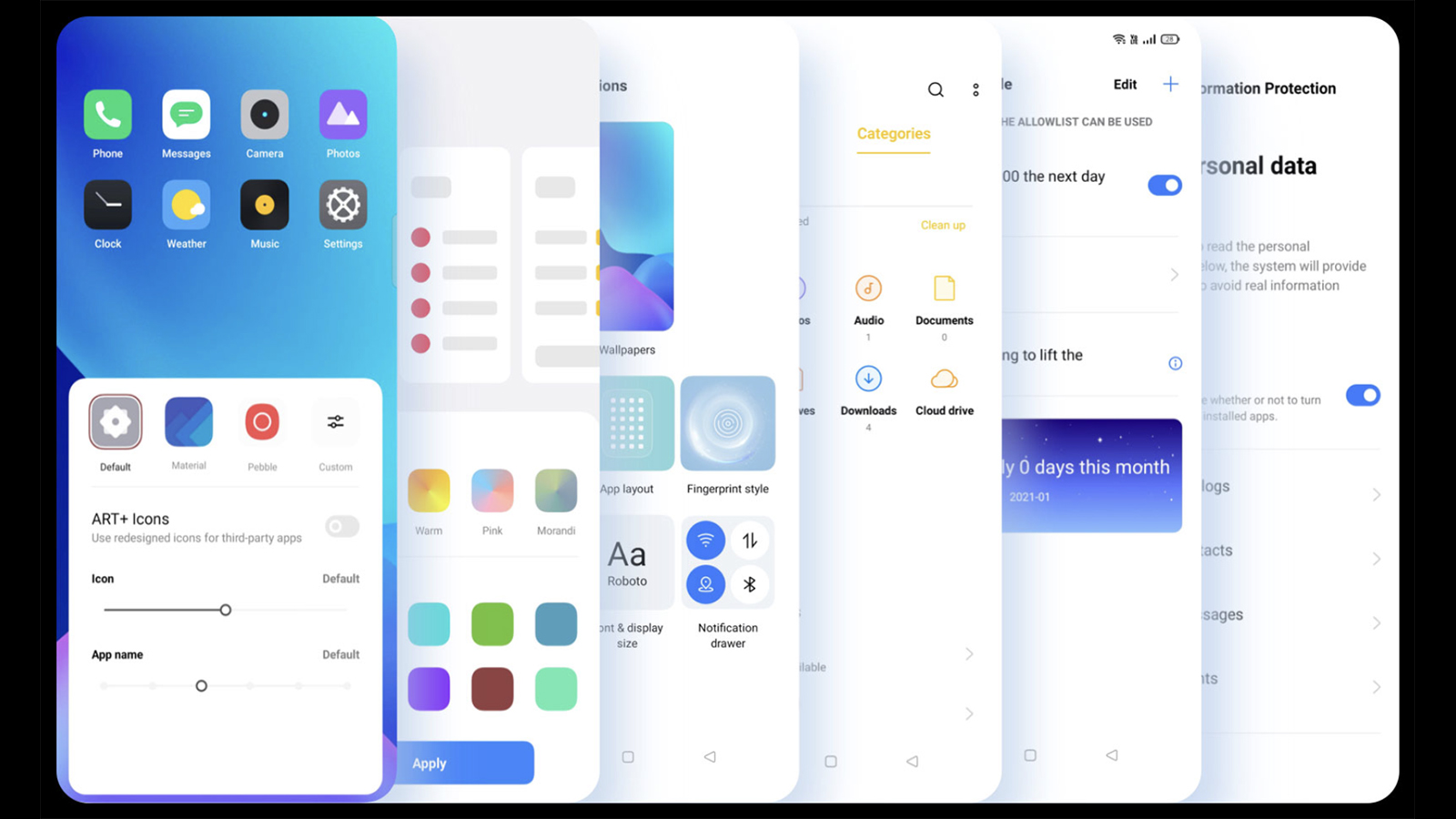
With a Qualcomm Snapdragon 680 processor, 4GB of RAM and 128GB of internal storage, the Realme 9i is never going to break any benchmarking records – and we saw Geekbench scores of 383 (single-core), 1544 (multi-core) and 443 (OpenCL) in our tests, emphasising that this is very much down at the low-end of the performance spectrum when it comes to smartphones in 2022. One spec that is missing is 5G connectivity, which is unusual for a 2022 phone, but not one as budget as this.
However, you won't see too much in the way of slowdown and lag when you're actually using the Realme 9i for everyday tasks. There are occasional, slight pauses when menus or apps are loading up, but nothing too significant – and the phone can cope with demanding games from Google Play Store, albeit at lower frame rates and with occasional blips. As long as you're not trying to do too much too quickly on the device, you won't run into any problems.
Realme phones come with Realme UI running on top, and in the case of this smartphone it's on top of Android 11. There's fortunately little in the way of bloatware installed on the device, though there are a few pre-installed apps – including LinkedIn and a Booking.com app – that you might not necessarily want on your phone. Open up the Settings app and you'll find a few extras that aren't in the stock Android software that Google puts on its Pixel phones, including tweaks for gesture control and taking screenshots.
As for battery life, in our standard video streaming test – an hour of video with the display set to maximum brightness and the volume set low – the battery level dropped 10 per cent, so you're looking at around 10 hours of video playback overall (or more, if you dim the brightness). In more general use, the large capacity 5,000mAh battery holds its charge very well, with plenty of juice left at the end of the day – and sometimes enough to get through a second day, as long as you're not doing anything too intense.
Realme 9i review: camera system
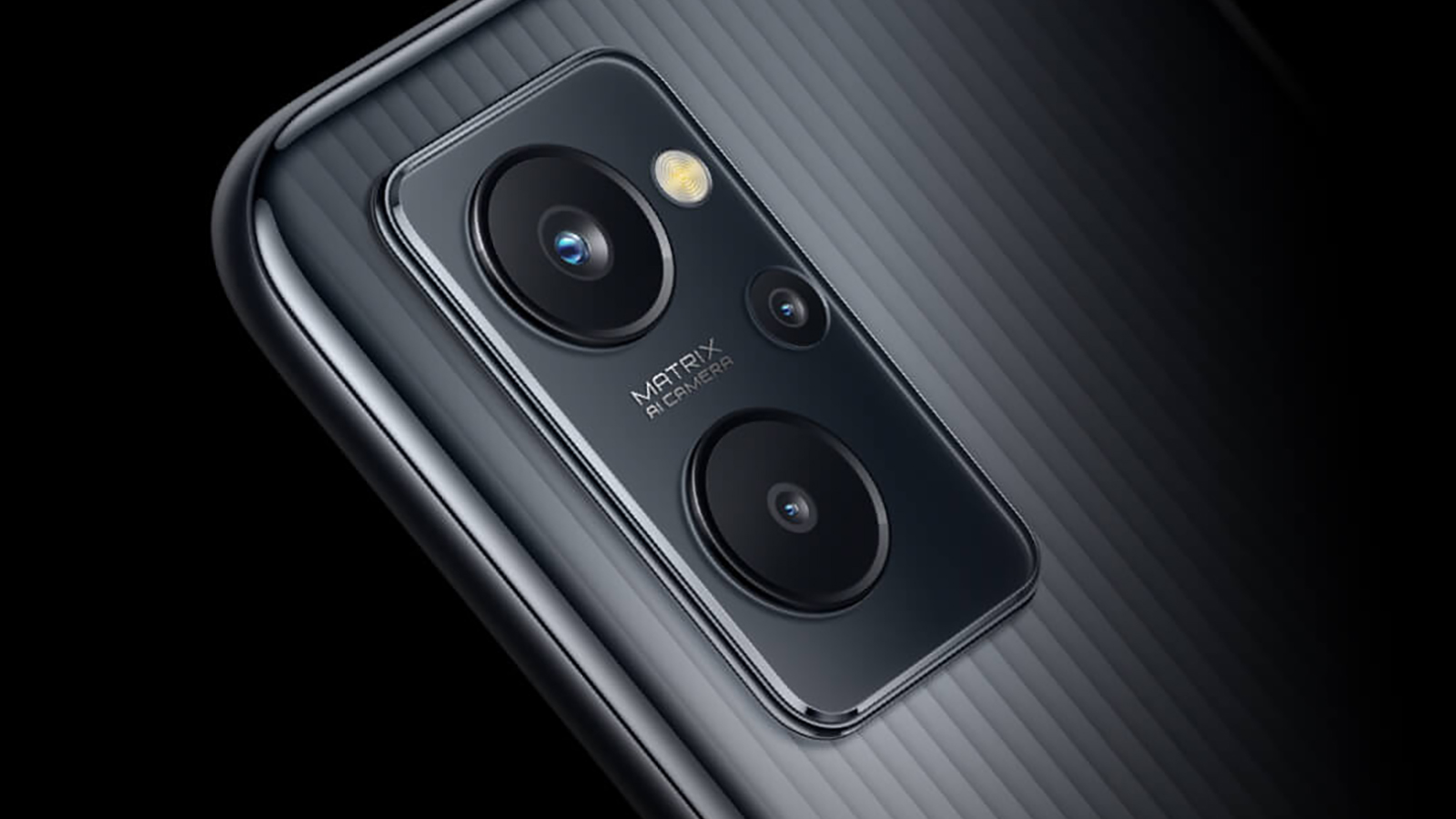
The Realme 9i brings with it a triple-lens camera system (50-megapixel main, 2MP macro, 2MP depth sensor): there's no optical zoom here and no ultrawide mode. The quality of the resulting photos and videos (up to 1080p at 30fps) are pretty much what you would expect from a phone at this price point: decent enough when you're in daylight and you can take a second over a snap, but relatively useless when it comes to night time shots when there's a limited amount of light available.
We tested the Realme 9i camera on a fairly cloudy day in the north of England, and a lot of photos came out looking fine, including close-ups and landscapes. These pictures would look perfectly good on social media, with clear detail and bright colours – even if closer examination reveals some image noise and some blurring, and a tendency towards oversaturating colours.

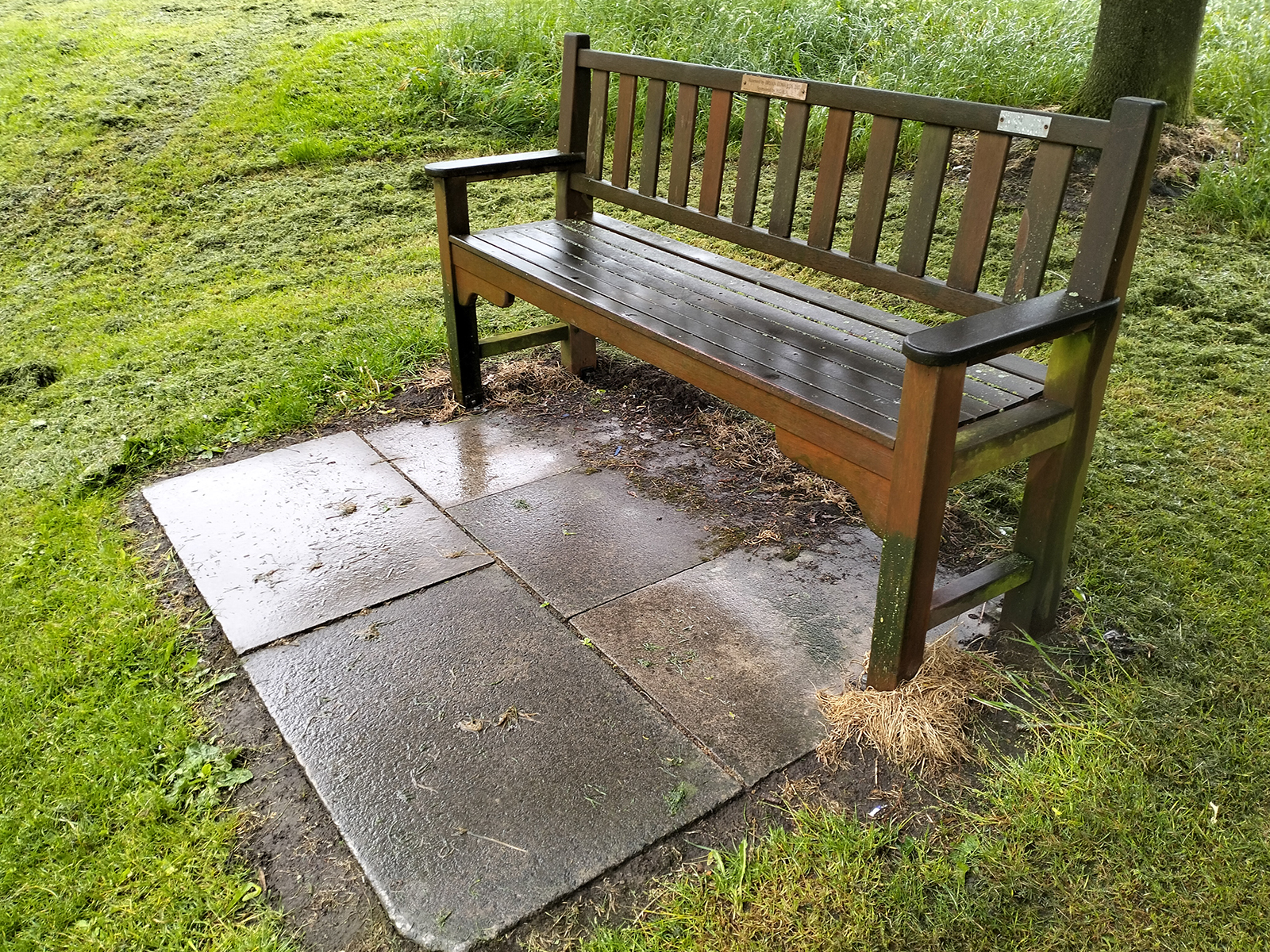


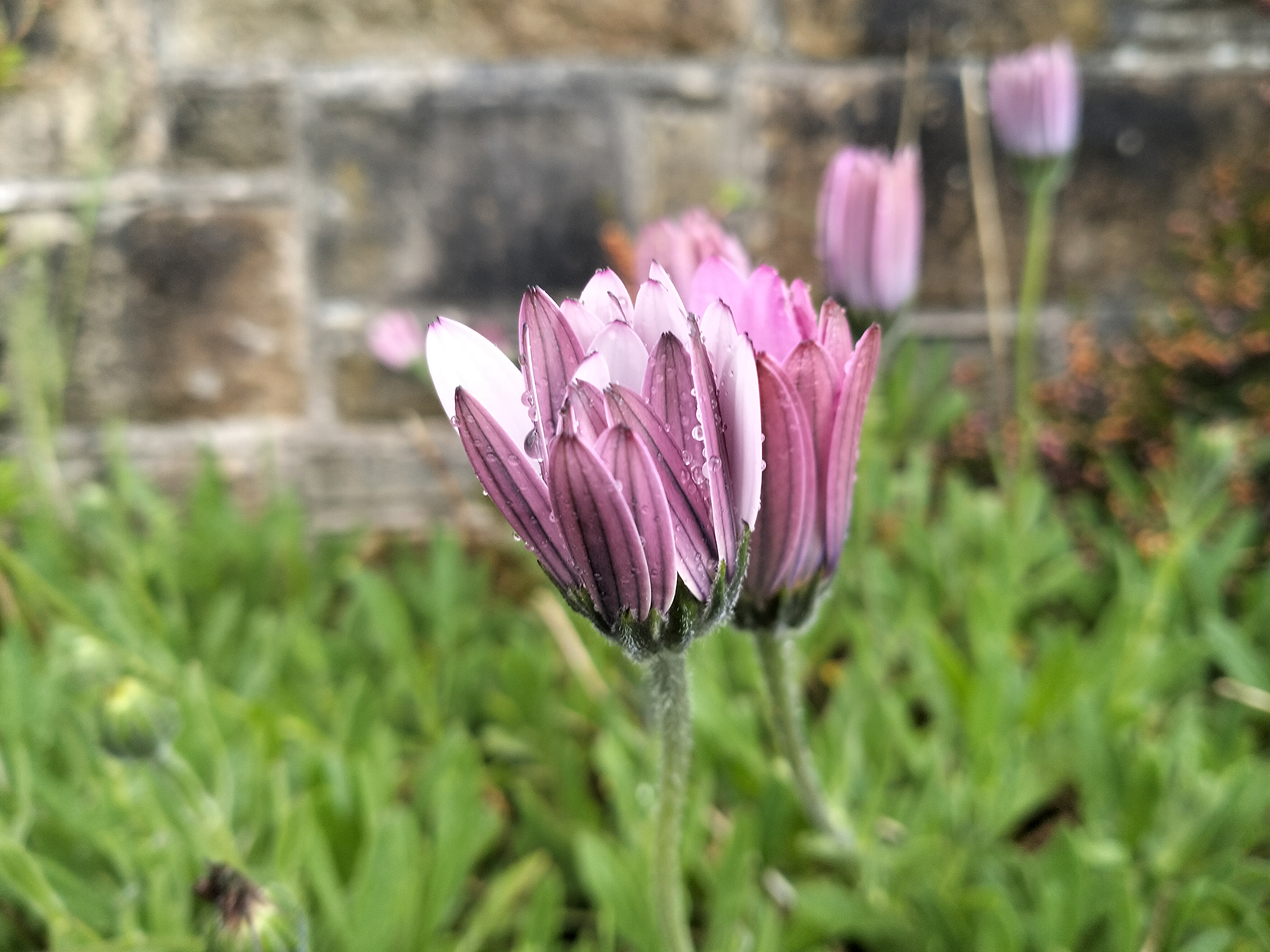
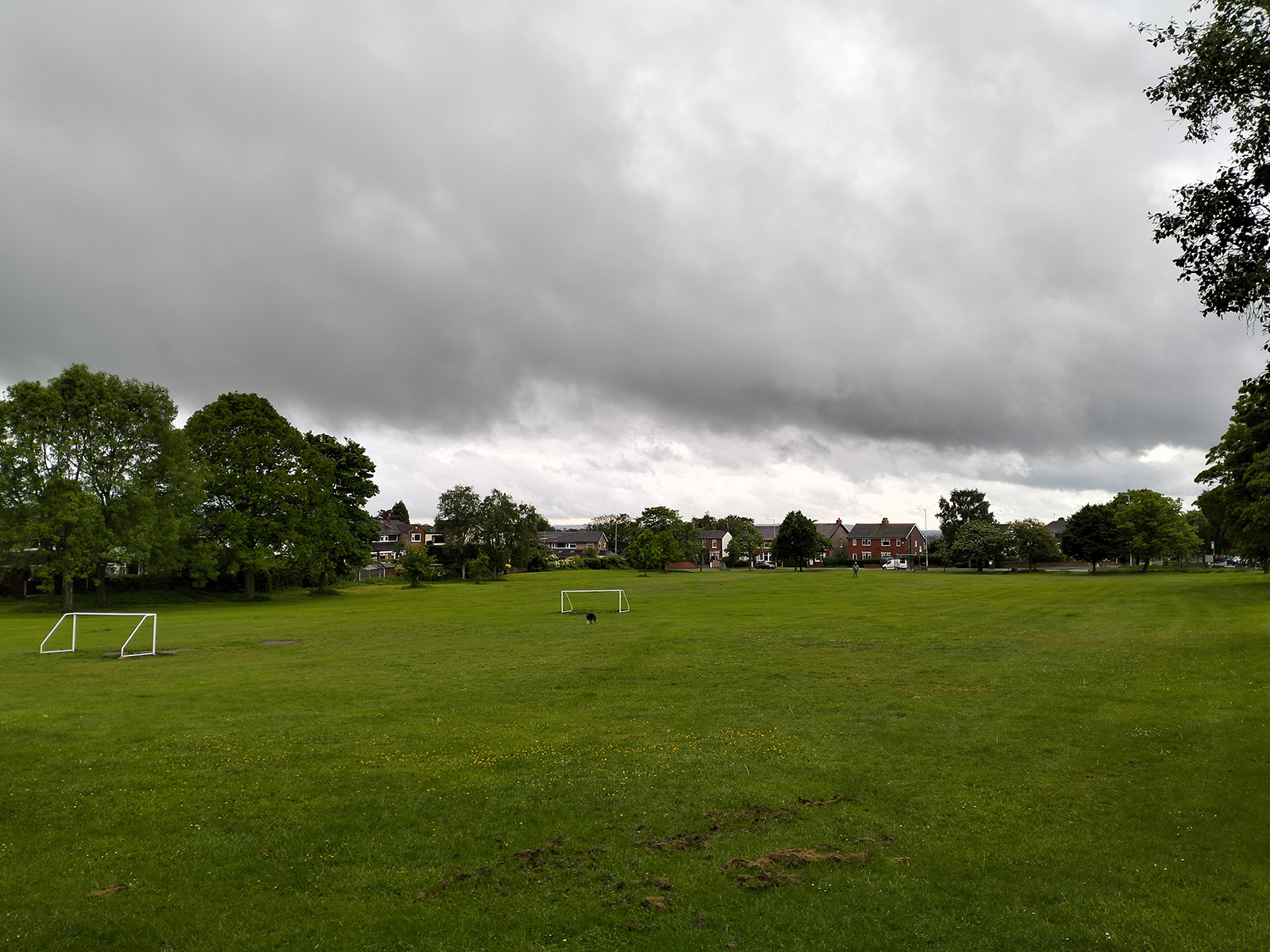
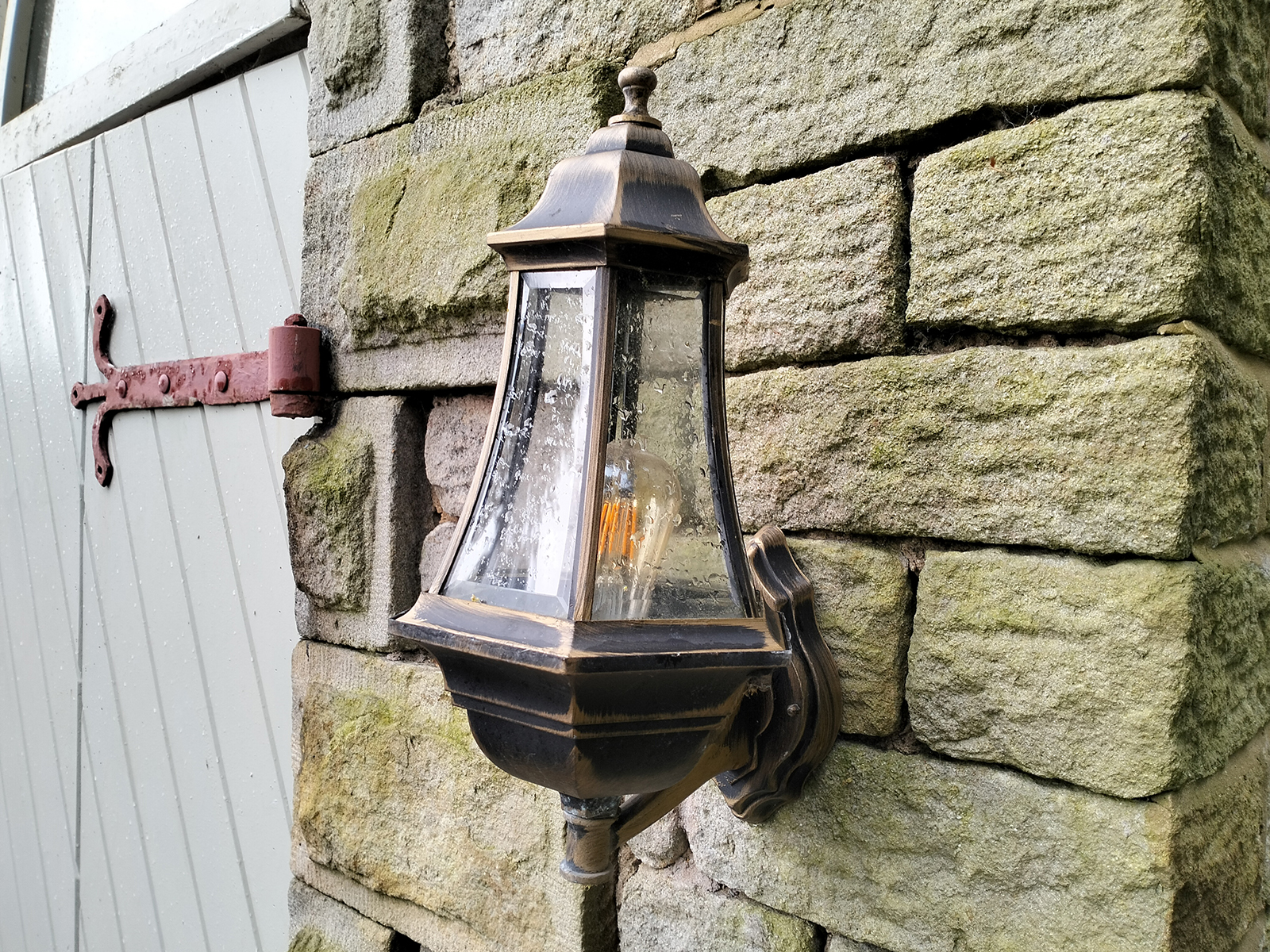



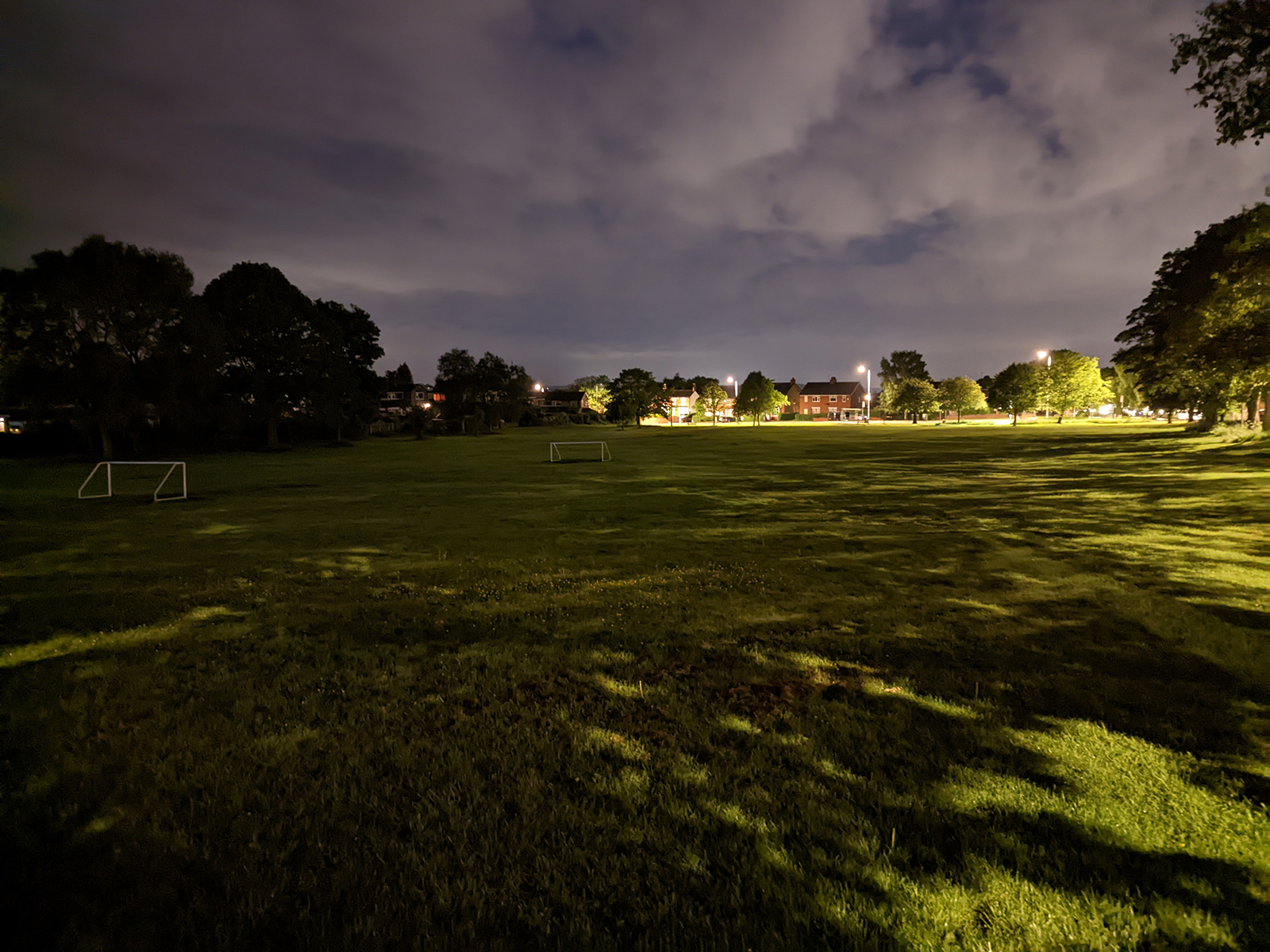
With little light available, the rear camera on the Realme 9i struggles to get a usable photo, though sometimes pictures can be okay if the subject is close and there's some illumination in the frame. In the darkest of environments, whereas perhaps the best Android phones would be able to pick something out, you may just have to give up with the Realme 9i. There is a dedicated night mode included in the camera software, though we didn't notice it making a huge amount of difference a lot of the time.
We do like the Pro mode you get on Realme phones though, which lets you take more control over the white balance, ISO and other settings – even if most people are going to just want to point and shoot.
On the front of the phone you get a straightforward 16MP selfie camera.
Realme 9i review: verdict
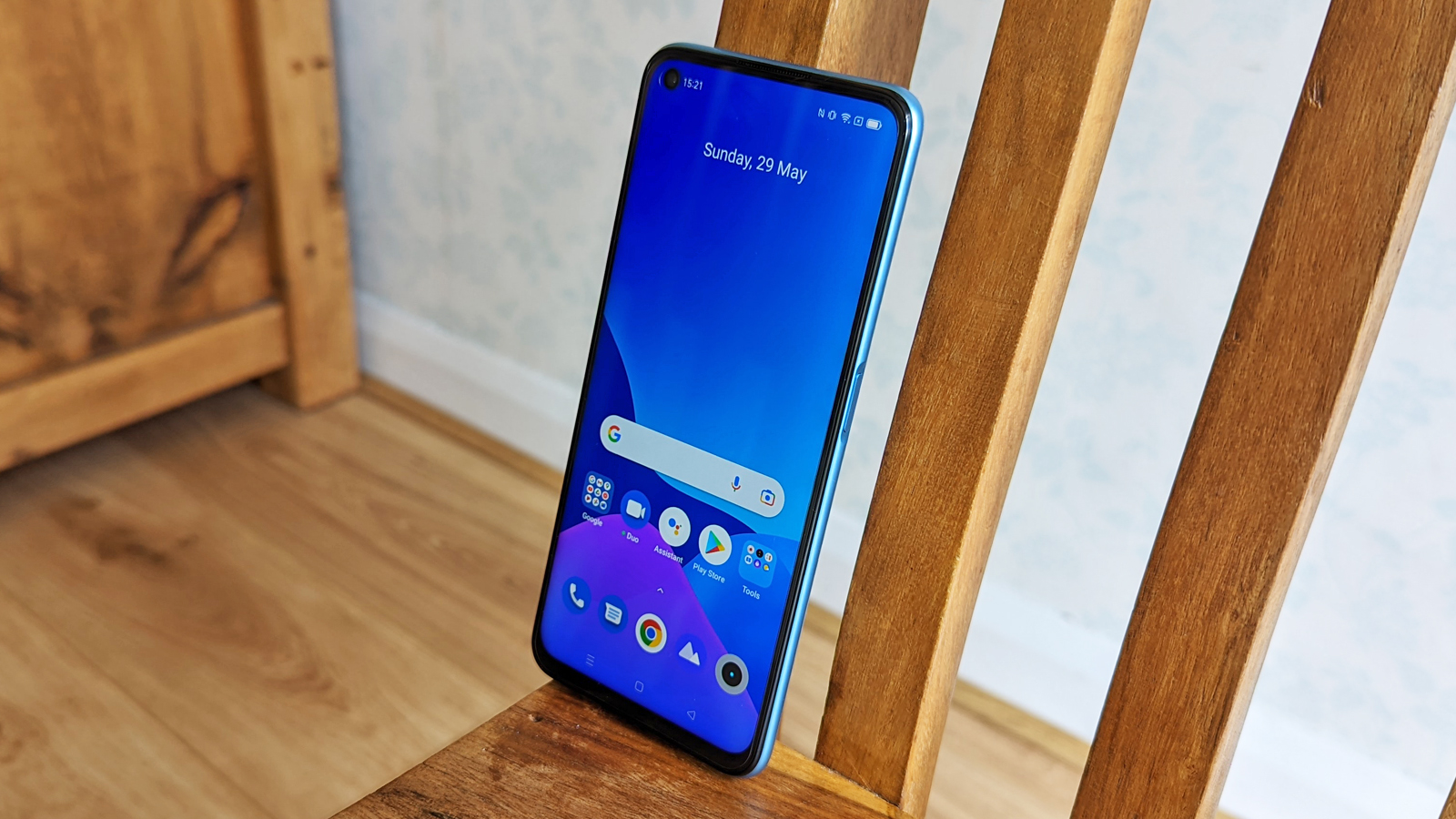
There's not too much to recommend the Realme 9i besides its low price – but if you want a cheap phone then it does pretty much everything that's needed to an adequate standard, and for a lot of people that's going to be enough. You can run all the apps you want to run, you can take good-looking photos with the rear camera (as long as your scenes are well lit), and the battery life can stretch a full day no problems.
It's worth bearing in mind everything you miss out on if you spend your money on the Realme 9i though, not least the 5G connectivity that's going to become more and more important over the coming years (and is found in other Realme 9 models). There's no waterproofing on this phone, nor any optical zoom or ultrawide modes on the rear cameras.
Unless you're particularly keen on the Realme brand or on the style offered by the 9i, you can spend a bit more money and pick up a smartphone with a more vibrant and appealing screen, better specs, better camera quality, and better value for money. However, it's reassuring that even the cheapest smartphones on the market are now perfectly capable of doing everything that they need to, which may get you asking yourself why you would want to spend any more.
Also consider
You can find plenty of other Android smartphones around the price point of the Realme 9i. The Nokia G21 costs even less than the Realme 9i, coming in at £149.99 in the UK – but there are compromises along the way, with the performance not really up to par and no 5G connectivity on board. What the Nokia G21 does give you is plenty of battery life and nighttime shots that are better than the ones we managed to capture with the Realme 9i.
Motorola continues to set the bar for low-cost Android phones, and the Moto G31 is worth a look as an alternative to the Realme 9i. Again you miss out on 5G, but the build quality and the 6.4-inch OLED screen are impressive, and the rear camera is decent too. Costing just under £200 in the UK, we reckon the Moto G31 is better value for money than the Realme 9i, though you also need to consider which design you prefer.
Sign up to the T3 newsletter for smarter living straight to your inbox
Get all the latest news, reviews, deals and buying guides on gorgeous tech, home and active products from the T3 experts
Dave has over 20 years' experience in the tech journalism industry, covering hardware and software across mobile, computing, smart home, home entertainment, wearables, gaming and the web – you can find his writing online, in print, and even in the occasional scientific paper, across major tech titles like T3, TechRadar, Gizmodo and Wired. Outside of work, he enjoys long walks in the countryside, skiing down mountains, watching football matches (as long as his team is winning) and keeping up with the latest movies.
-
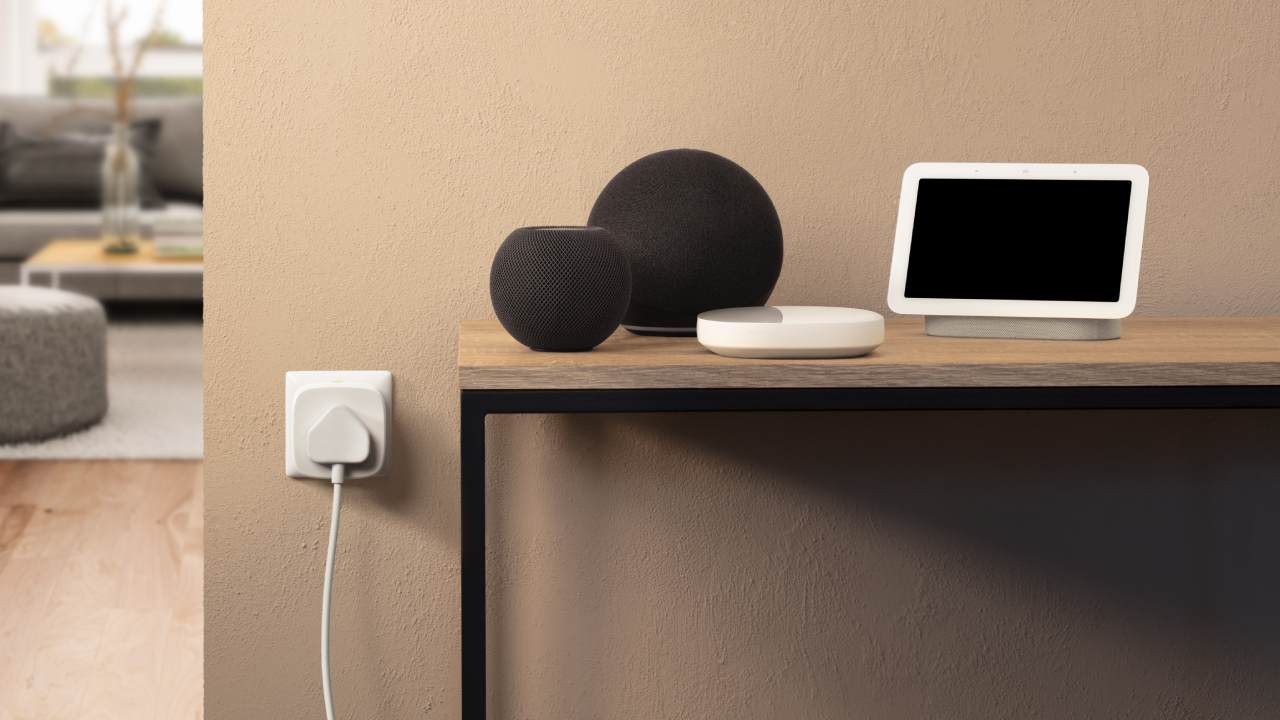 Eve’s smart plug gets impressive Matter upgrades – but I’m most excited about the app
Eve’s smart plug gets impressive Matter upgrades – but I’m most excited about the appEve Energy adds Matter support and an updated Android app
By Bethan Girdler-Maslen Published
-
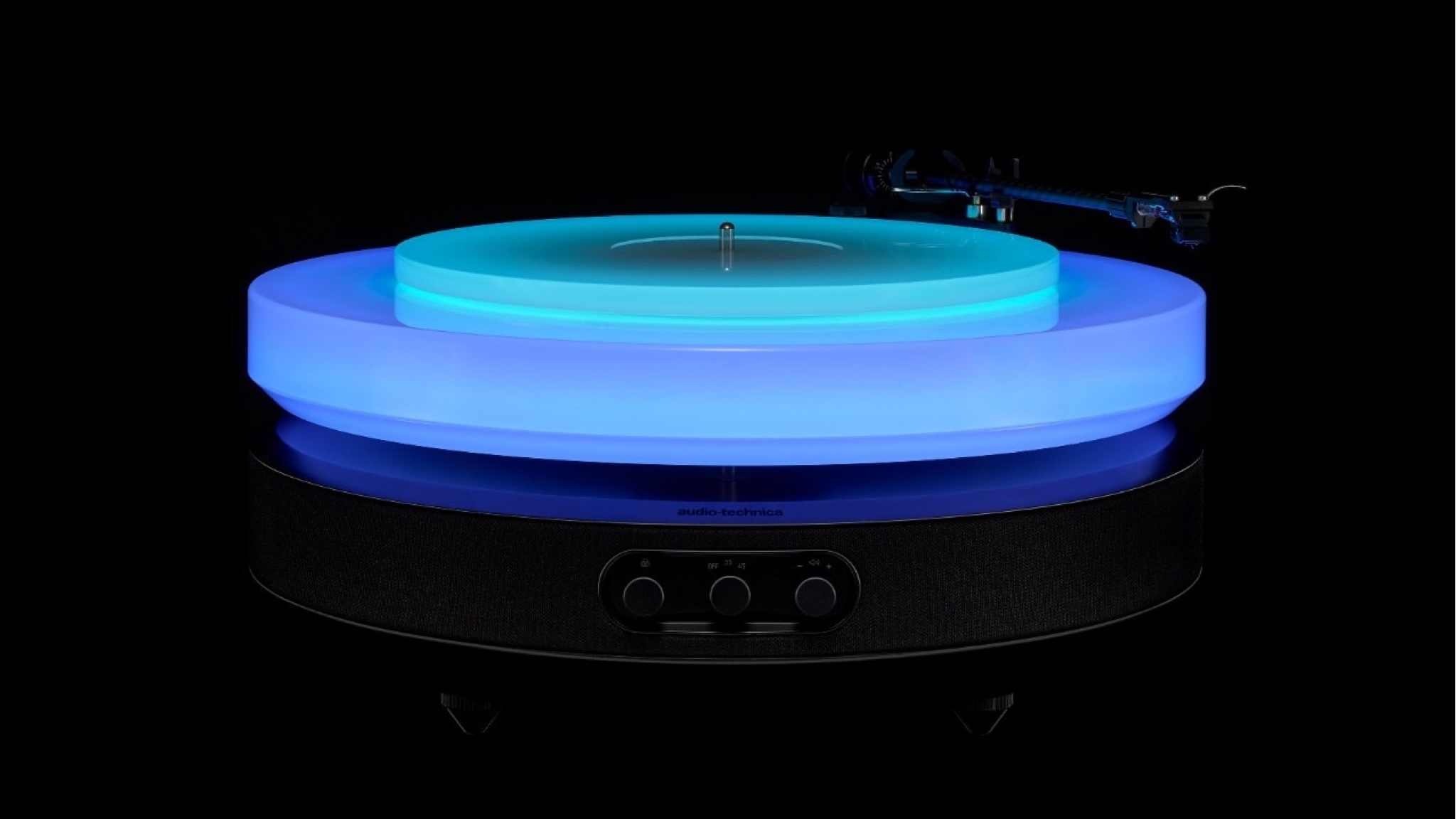 Audio-Technica’s latest luxury turntable will light up your life, and your records
Audio-Technica’s latest luxury turntable will light up your life, and your recordsThis strictly limited turntable is a feast for the eyes as well as the ears
By Carrie Marshall Published
-
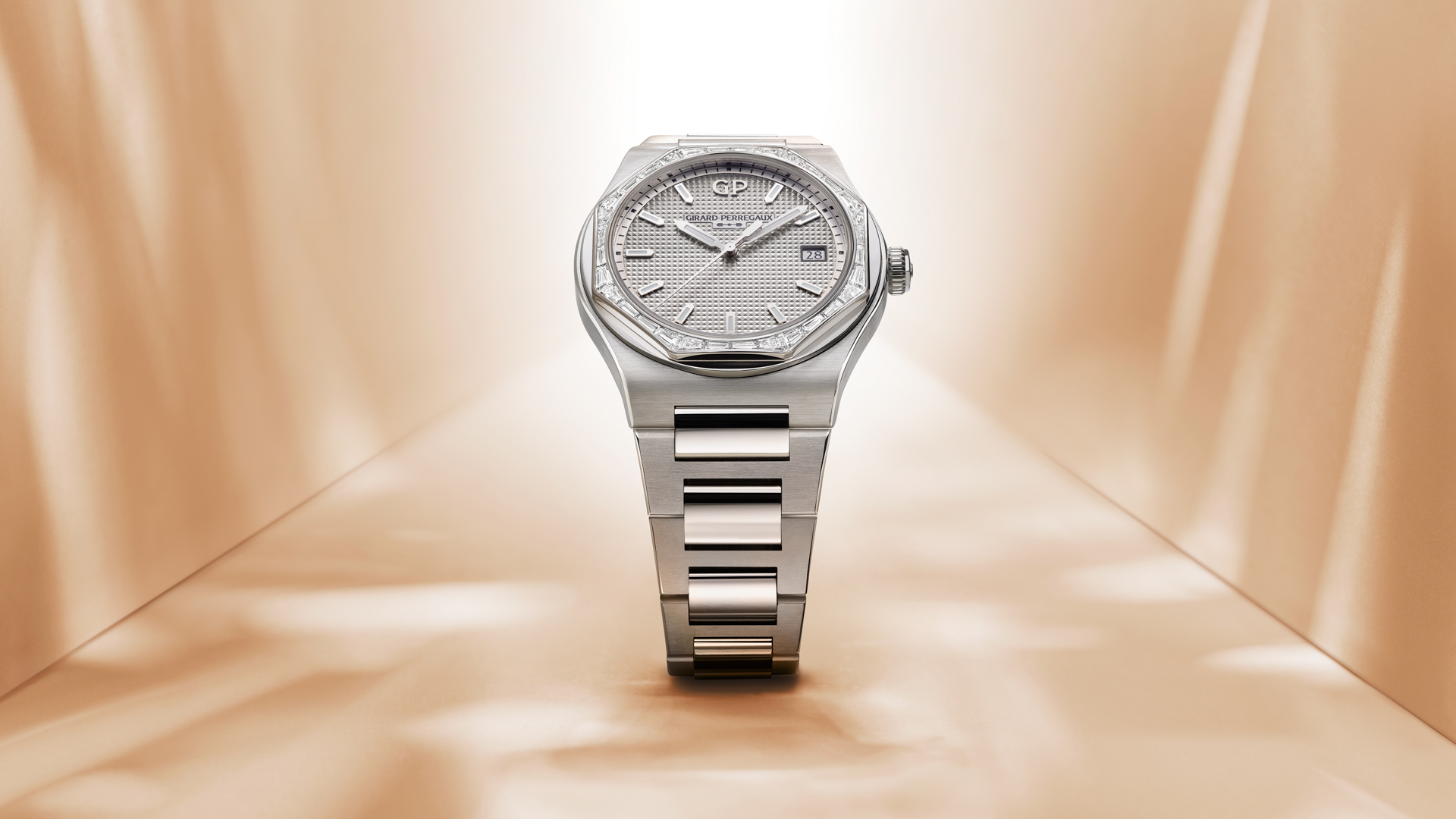 Girard-Perregaux Laureato 38 mm gets a blue diamond upgrade
Girard-Perregaux Laureato 38 mm gets a blue diamond upgradeWe’re totally besotted by these diamond-bezelled beauties from Girard-Perregaux
By Alistair Charlton Published